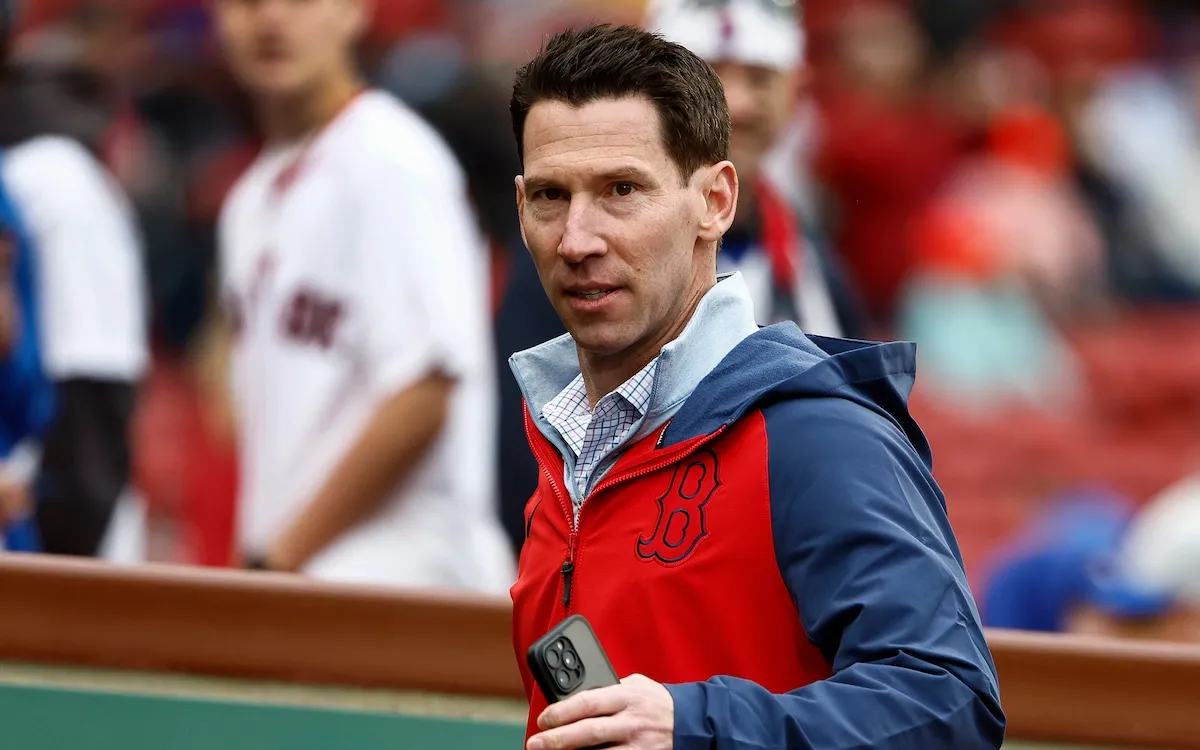
BOSTON — In a shocking turn of events, Rafael Devers is no longer a member of the Boston Red Sox. The news, which broke nearly a full day ago, confirmed that Boston had traded the slugger to San Francisco in exchange for a four-player package that includes pitchers Jordan Hicks and Kyle Harrison. This departure marks a significant chapter in the franchise's history, particularly as Devers was crowned the highest-paid player in Red Sox history merely two years ago. As both parties navigate this transition, it's essential to look ahead at the upcoming challenges and opportunities for the team.
With the Red Sox set to face the Seattle Mariners in a three-game series starting Monday night, the absence of Devers will undoubtedly be felt. Before their encounter with Devers at Oracle Park over the weekend, the team must adapt to fill the void left by their former All-Star. Here are five pressing questions that will need addressing in the aftermath of this trade:
The Red Sox have traditionally relied on a full-time designated hitter, with legends like David Ortiz and J.D. Martinez leading the charge. Recently, players like Justin Turner, Masataka Yoshida, and even Devers had taken on the role. However, with the trade, manager Alex Cora may have the opportunity to experiment with a mix-and-match approach at DH. Prior to the trade, Cora faced the challenge of balancing his lineup with limited spots. This situation gives the Red Sox a chance to utilize bench players like Rob Refsnyder or Romy Gonzalez at DH until Wilyer Abreu is activated. As the roster evolves, the potential return of Alex Bregman could further complicate matters.
With Devers hitting second in the lineup for all 73 games this season, Cora will need to rethink his batting order immediately. Jarren Duran is a strong candidate for the leadoff spot against right-handers. The second position could see rookies like Roman Anthony or Marcelo Mayer stepping up, which may be necessary in the short term. With four of the top five projected hitters absent, including Devers and Triston Casas, Cora’s lineup will be under significant pressure to perform.
The acquisition of Hicks and Harrison raises questions about how they will integrate into the Red Sox roster. Hicks has seen limited action this season due to right toe inflammation, while Harrison was recently optioned to Triple-A Worcester. Their immediate availability is uncertain, but both pitchers bring valuable experience. With the Red Sox rotation experiencing a resurgence, the addition of Hicks and Harrison could provide depth and versatility as the season progresses.
The trade of Devers significantly changes the financial landscape for the Red Sox. According to calculations from MassLive, Boston has saved over $270 million in commitments, providing them the flexibility to make future moves. With limited long-term financial obligations, the Red Sox have the opportunity to make significant additions during the trade deadline. This newfound financial freedom raises questions about whether the team will remain aggressive in pursuing high-value players.
Currently, Abraham Toro and Romy Gonzalez are slated to share first base duties. With Casas’ severe injury sidelining him for an extended period, the Red Sox must consider their long-term options for this position. Without a clear answer on who will fill that role, Boston may need to explore the market for a reliable, everyday option at first base as they seek to solidify their lineup.
As the Boston Red Sox move forward in the post-Devers era, they face a multitude of challenges and opportunities. The decisions made in the coming weeks will be critical in shaping the team's future and their pursuit of success in the 2023 MLB season.